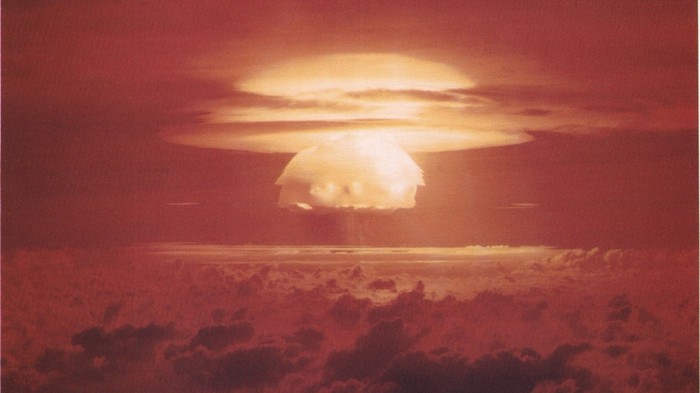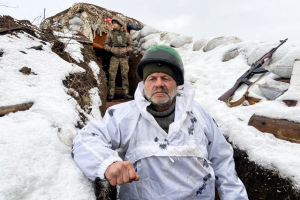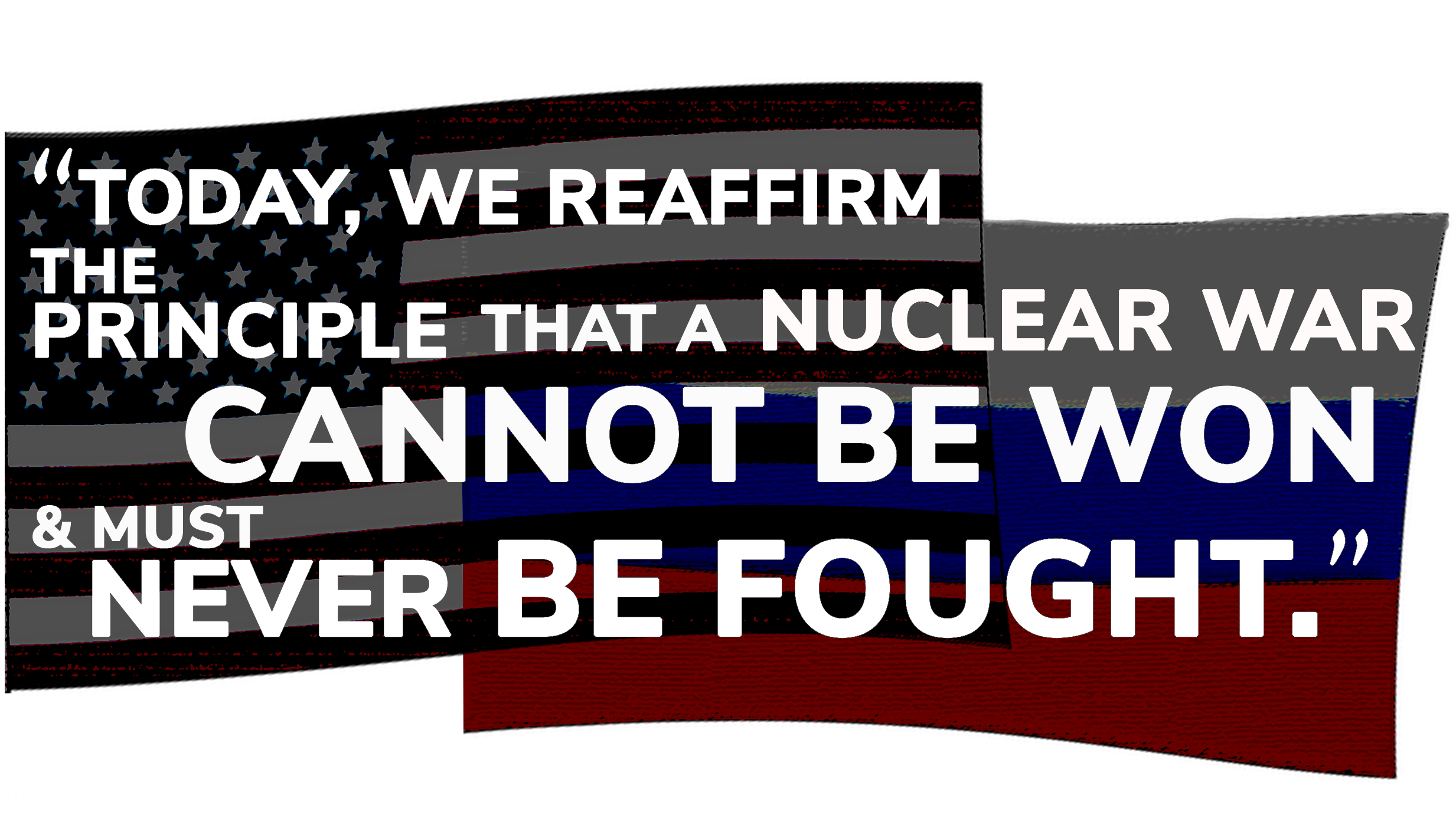This is what would happen to Earth if a nuclear war broke out between the West and Russia
Climate change is not the only man-made threat that could wipe out humanity; a nuclear war would also do that
By MATTHEW ROZSA | Salon February 19, 2022 salon.com
Suddenly, the threat of nuclear war feels closer than it has in decades. The Bulletin of Atomic Scientists updated their Doomsday Clock to 100 seconds to midnight, and President Joe Biden has issued increasingly ominous statements reflecting how the looming conflict over the Ukraine that could ensnare both Russia and the west into conventional war.

And, some fear, war with nuclear weapons. It is a prospect that has haunted human beings since the dawn of the Cold War. Politicians who were perceived as too open to the idea of nuclear war would pay for their hawkishness at the polls. Motion pictures from “Dr. Strangelove” to “The Day After” have depicted an uninhabitable world, filled with lethal amounts of radiation and short on necessities like food and water.
Ukraine and the Threat of Nuclear War
“The great powers can no longer pursue a zero-sum game to see who will come out on top. It is possible that one of them will emerge on top of the heap—but the heap may well be a global ash pile.”
By Ira Helfand The Nation February 8, 2022 thenation.com

As the crisis in Ukraine deepens, it is appropriate to consider what the actual consequences of war there might be. An armed conventional conflict in Ukraine would be a terrible humanitarian disaster.
Last week, US government officials estimated that the fighting could kill 25,000 to 50,000 civilians, 5,000 to 25,000 Ukrainian military personnel, and 3,000 to 10,000 Russian soldiers. It could also generate 1-to-5 million refugees.
These figures are based on the assumption that only conventional weapons are used. However, if the conflict spread beyond Ukraine’s borders and NATO became involved in the fighting, this would become a major war between nuclear-armed forces with the very real danger that nuclear weapons would be used—and the public debate about this crisis is utterly lacking in discussion of this terrible threat.

